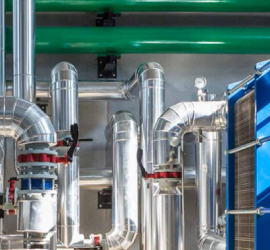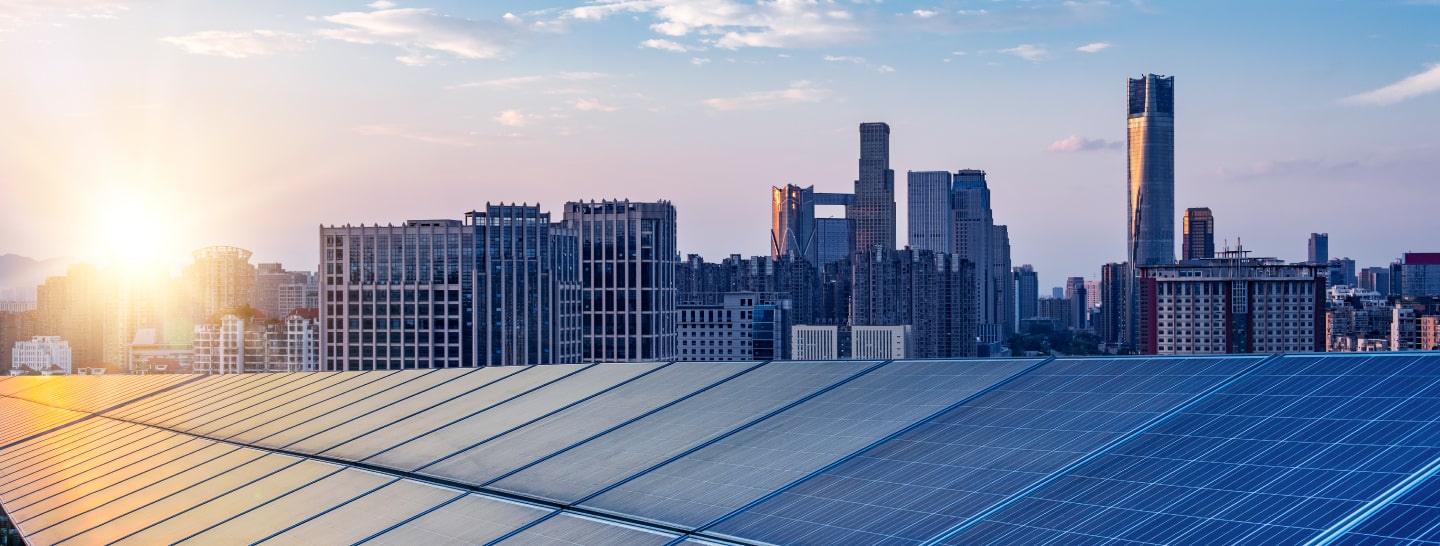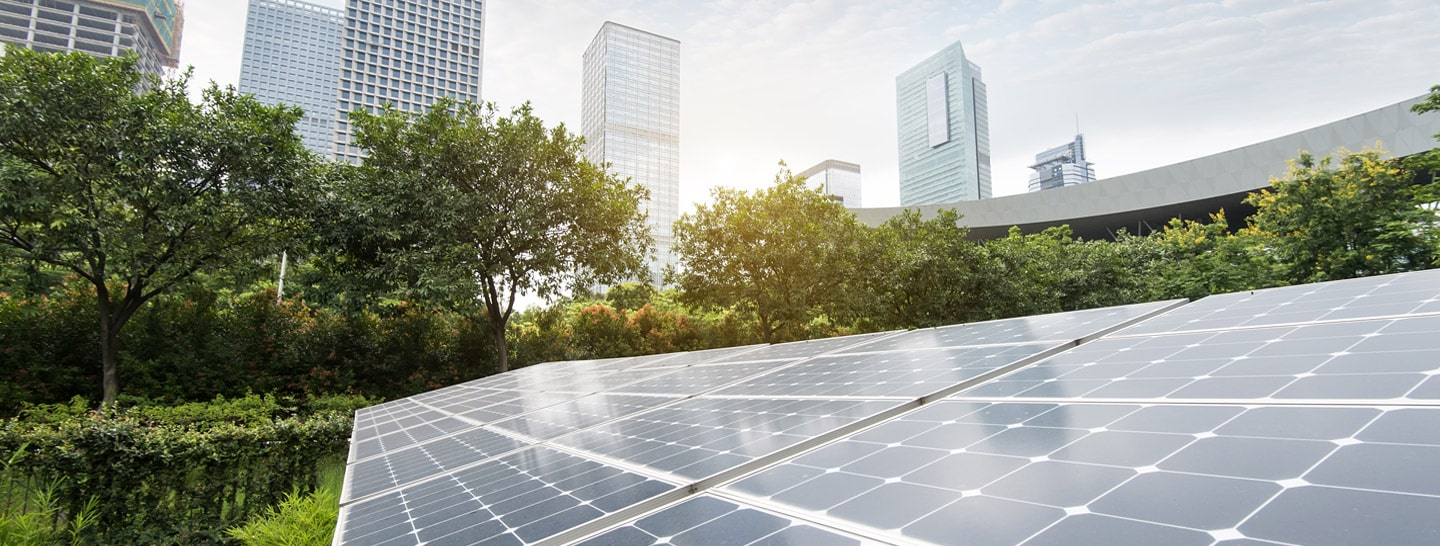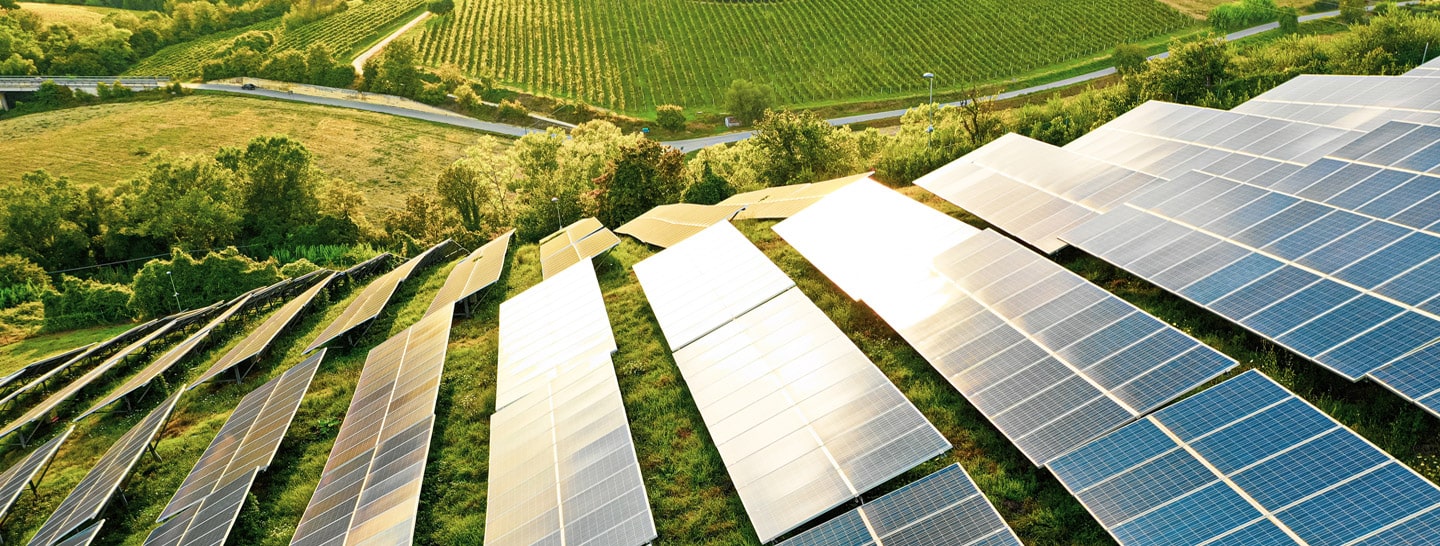Home energy storage consists of a battery that allows you to store surplus electricity for later consumption, and when combined with solar power generated by your photovoltaic system, the batteries allow you to store energy generated during the day for use around the clock. Since battery energy storage systems are capable of optimizing the use of electricity, they ensure the most effective operation of your home solar power system. At the same time, they also guarantee continuity in case of temporary disruptions in the power supply, with extremely low response times. Home energy storage further supports energy self-consumption: the surplus energy produced during the daytime from a renewable source can be stored locally to use at a later time, thus reducing the degree of dependency on the electricity grid. An energy storage battery therefore makes self-consumption more effective.
How does a home battery energy storage system work?
Lithium-ion battery systems, the most commonly used type between the several home energy storage systems, are made up of several parts:
- Battery cells, manufactured by battery suppliers and assembled in battery modules (the smallest unit of an integrated battery system).
- Battery racks, made up of connected modules that generate a DC current. These can be arranged in multiple racks.
- An inverter that converts a battery’s DC output to an AC output.
- A Battery Management System (BMS) controls the battery, and is usually integrated with factory-made battery modules.
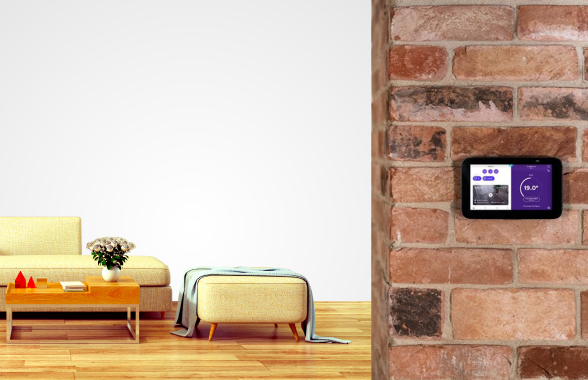
In general, solar power battery storage works like this: the solar panel is connected to a controller, which in turn is connected to the battery racks or banks where it is stored. When needed, the current from the battery must be passed through a small inverter, which transforms it from alternating current (AC) to direct current (DC), or vice versa. Then the current passes through a meter and is supplied to your chosen wall sockets.
Can batteries be added to an existing solar system?
Home battery storage systems can be included with a solar power system at installation, or added to an already existing system. Since they make solar power more reliable, these storage systems are becoming increasingly widespread as the falling prices and environmental advantages of solar power make it become an increasingly common alternative to traditional power generation.
How much energy can a home battery energy storage system store?
Energy storage power is measured in kilowatt hours (kWh). Battery capacity can range from as little as 1 kWh over 10 kWh. Most households opt for a battery with 10 kilowatt hours of storage capacity, which is the battery’s output when it is fully changed (minus a minimum charge that the battery needs to stay on). Considering the question of how much power does a battery store, most homeowners typically chose only their most important appliances to be connected to the battery, such as a refrigerator, a few sockets to charge phones, lights, and the wifi system. In the event of a total blackout, power stored by a typical 10 kWh battery will last from 10 to 12 hours, depending what the battery is being asked to power. A 10 kWh battery can run a refrigerator for 14 hours, a television for 130 hours, or a single LED light bulb for 1,000 hours.
What are the benefits of home battery storage?
Thanks to the home energy storage battery, you can increase the amount of self-produced energy you consume instead of consuming it from the energy grid. This is called self-consumption, meaning the capability of homes or businesses to generate their own power, and is an important concept in today’s energy transition. One of the advantages of self-consumption is that customers use the power grid only when they are not using their own self-generated power, allowing them to save on costs and avoid the risk of power outages. Energy independence from self-consumption or going off the grid means you are not reliant on a utility for your energy needs, and are therefore protected from price spikes, supply fluctuations and blackouts. If one of your main reasons for installing solar panels is to reduce carbon emissions, adding a battery to your system helps you get the maximum performance in terms of reducing your greenhouse gas emissions and your home’s carbon footprint. Home energy storage systems are also cost-effective, since you will be storing power from a source of clean, renewable energy that is completely free: the sun.

